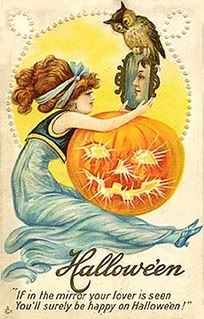
Perhaps you might want to burn some scented candles for them, on this special night, like I plan to for mine, and leave some sweet treats for them on the mantelpiece to ease their journey back.
Personally I am very partial to the very cool look of L'Artisan Parfumeur candles that were specially made for the leather-goods (and recently fashion too!) brand Bottega Veneta. Their Intreccio one (click here) with its herbal notes and touches of pine and cypress seems autumnal to me. And isn't it a pretty sight?
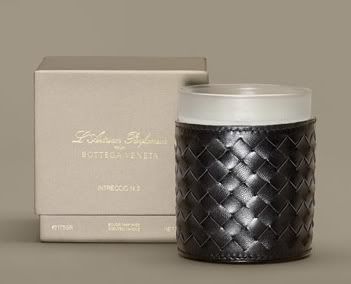
Or you might want to go more traditional and focus on the pumpkin quest!
This Colonial Candle in Pumkin Pie would make a great room fragrance, scenting the place with the spicy smells of the traditional dish; while this Pumkin Strudel from Claire Burke is unusual and yummy.
If you want to go the way of the burner, then The Body Shop has a seasonal offering in their range of room fragrance oils, called Pumpkin Nectarine, with fruity notes on a bed of spice and vanilla.
For an inexpensive easy treat Bath and Body Works has a device called Fragrance Bulbs in the seasonal scent Pumpkin Pie Paradise that includes the aroma of rich pumkin with the addition of cinnamon and caramel. Sounds terribly fattening, but without the calories. Of course you would have to be the type who goes for those bulby things in the first place. Myself I usually prefer the tradition of the candle.
Snow White Dove has a whole list of fragrance oils which could be used in a myriad of ways and for this occassion Pumkin Spice is a great bouquet garni of cinnamon, nutmeg and cardamom. I am eyeing their Mulberry, with hints of pine needles, as well as their Vanilla Treasures with cranberry, cinnamon, allspice, cloves and roasted nuts for the upcoming winter months meanwhile...
At Specially Made by LLC, you can find a long list of fragrance oil as well, of which Eggnog, Gingerbread, Harvest Spice and of course Pumpkin Pie caught my attention.
Country Light Candles offer another wide selection, out of which yet another Pumpkin Pie raises its head.
Last but not least, if you have kids at the appropriate age for indulging in crafts, you might even consider making your own pumkin soap. You will find a lovely little recipe clicking here. Or just wash yourself with the handmade Soaps by Sarah in Pumpkin Cornbread. A Jack-o-lantern experience is guaranteed!

.jpg)
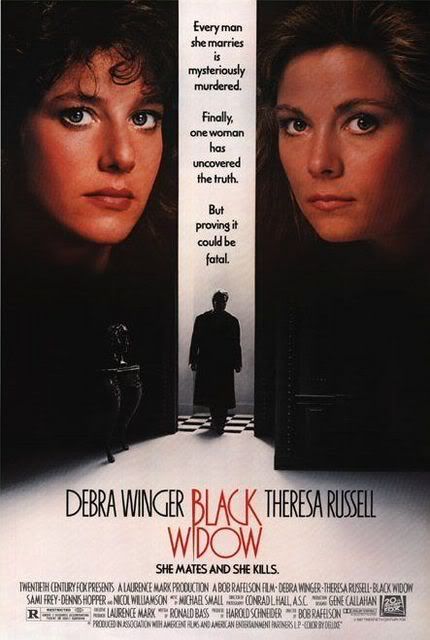
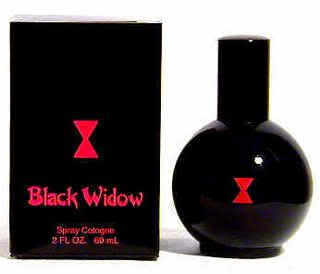
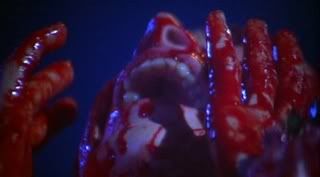
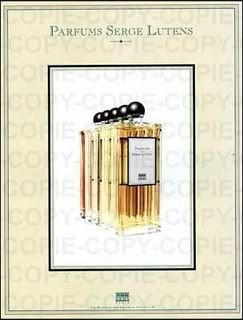
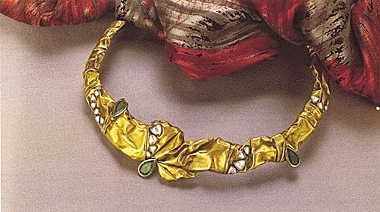
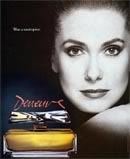
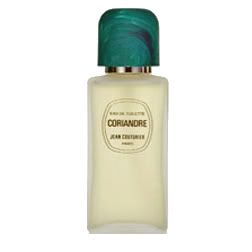
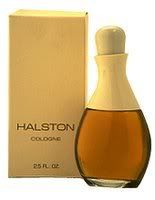
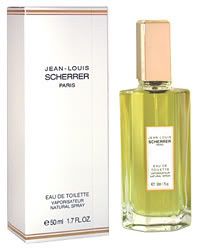
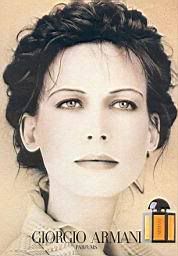
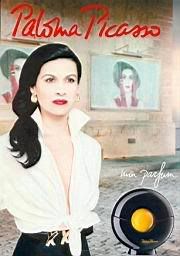
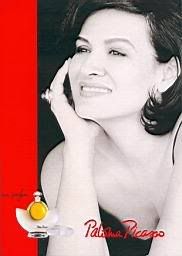
.jpg)



